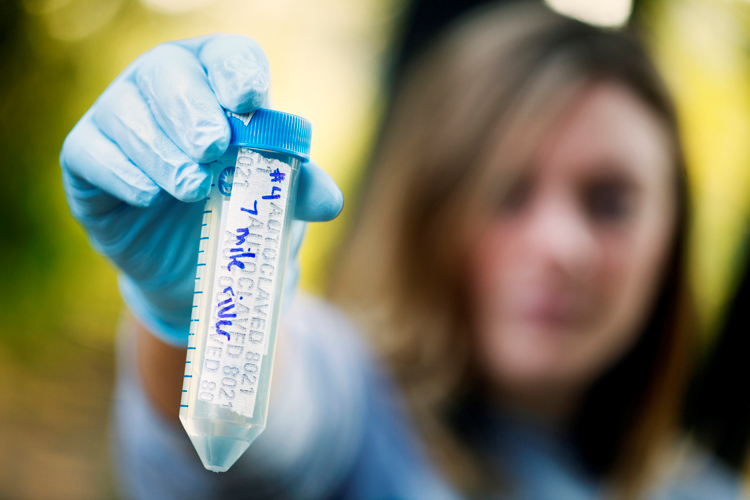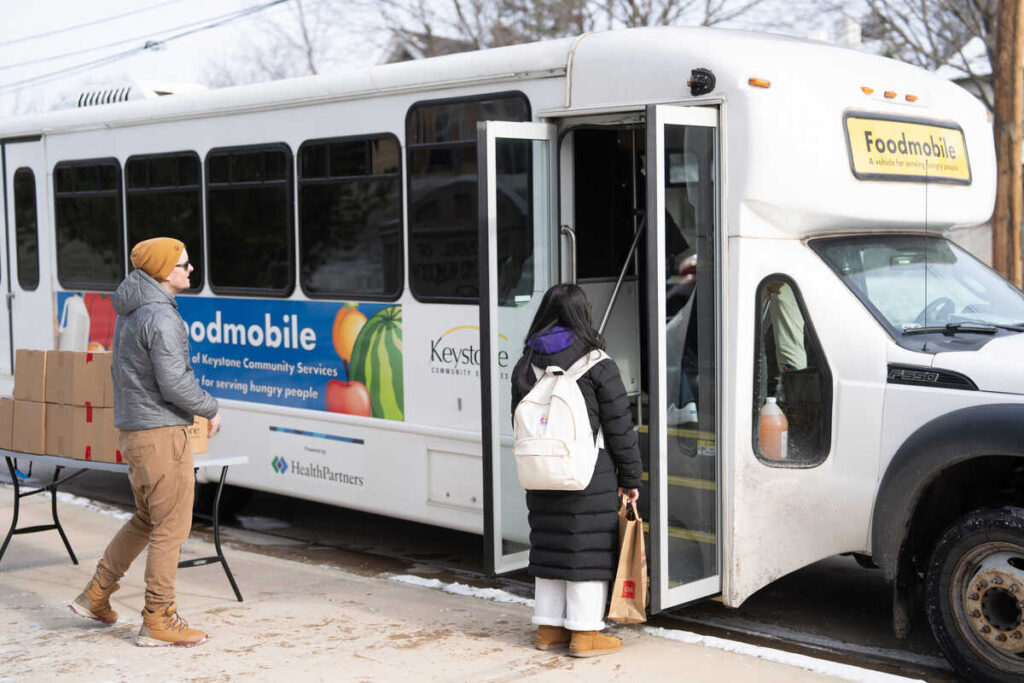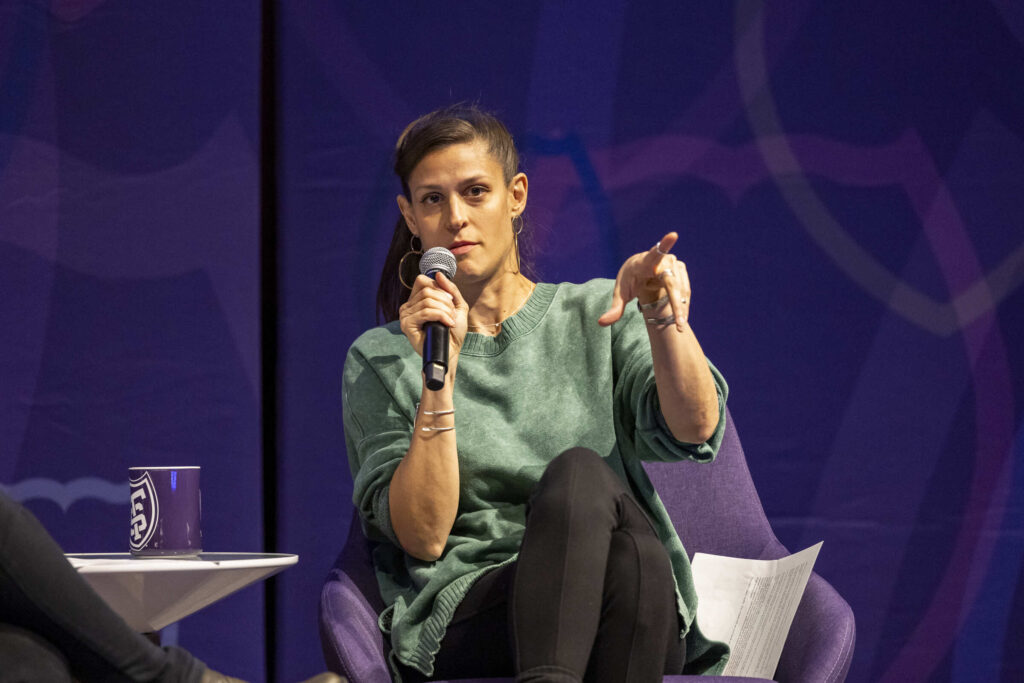St. Thomas has received a $1 million grant from the Howard Hughes Medical Institute (HHMI) to support efforts to engage all students in science.
The university was one of 57 schools selected out of 594 applicants to receive a grant, which supports programming over a five-year period.
“I am so excited,” said Roxanne Prichard, professor of psychology, who led St. Thomas’ efforts over the past three years to apply for the grant. "This is huge."
St. Thomas’ efforts will focus on faculty development and learning about implicit racial and economic biases; the redesign of introductory courses; and the introduction of strengths-based mentoring into advising. Like each of the schools receiving support from HHMI, St. Thomas stood out for thinking outside the box in ways to support science learning for all students.
“Support from this grant will unequivocally result in positive change in our mission to educate all students with integrity and purpose,” said College of Arts and Sciences (CAS) Dean Yohuru Williams. “I have full confidence in the passion, dedication and abilities of our STEM faculty to bring this program to fruition.”
The grant will support the hiring of a full-time staff member over a five-year period, and will begin this year with a landscape analysis of current practices and formation of a strategy for next steps, Prichard said. Prichard and Melissa Loe, associate chair of mathematics, will travel to Maryland in July for a three-day training with HHMI and its partner institution, the Association of American Colleges and Universities. Prichard and Loe – along with Kris Wammer, director of the Center for Faculty Development; Jayna Ditty, associate dean of CAS; and Tonia Jones Peterson, director of retention and student success – will also lead St. Thomas efforts stemming from the project.
The goal, Prichard said, will be to develop learning and programs within the sciences to be replicated for faculty across St. Thomas and serve as a model for other institutions interested in promoting inclusive STEM education.
“I’m hopeful that lessons learned from the initiatives pursued via the HHMI grant will be those we can apply to faculty mentoring and advising across campus,” said Wendy Wyatt, associate vice provost for undergraduate studies. “I’m hopeful that these initiatives will help us learn more about efforts to effectively retain new [STEM] students across campus and connect them with enrichment opportunities such as undergraduate research.”
Among the many factors the educators will look to address, Prichard credited Dougherty Family College associate dean of academics Buffy Smith with bringing forward the reality of the “hidden curriculum,” the advantage some students come into college with of inherent knowledge of higher education practices and opportunities.
“We’re trying to make the academic advisers aware of when we’re assuming knowledge of the hidden curriculum, and also seeing what we can do about making our education more transparent,” Prichard said.
Along with an examination and retooling of introductory courses for stronger transitioning into majors, strengths-based training will be infused into adviser education, which could mean better outcomes for student-adviser relationships.







